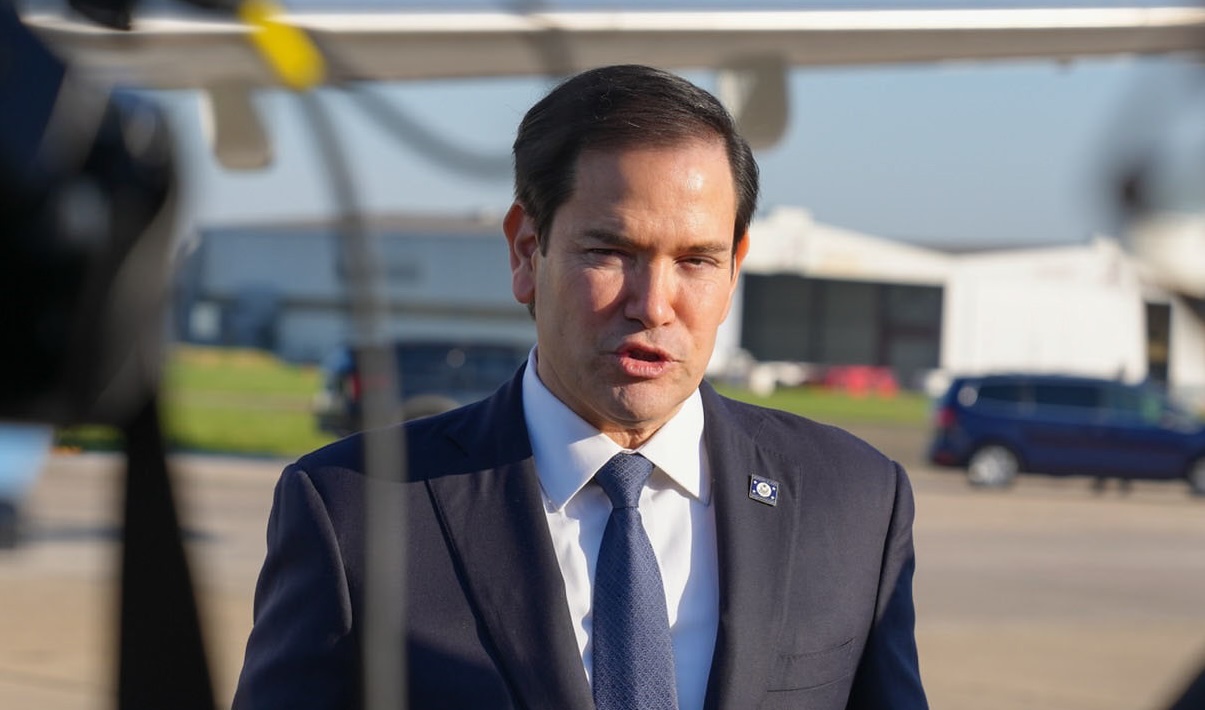Already a subscriber? Make sure to log into your account before viewing this content. You can access your account by hitting the “login” button on the top right corner. Still unable to see the content after signing in? Make sure your card on file is up-to-date.
The Trump administration has indicated it will decide within days whether to continue pursuing a negotiated settlement between Russia and Ukraine, as efforts to broker a peace deal are nearing a critical turning point.
Some shit you should know before you read: If you’re unaware, there’s a lot of shit going on between the US, Ukraine, and Russia right now. First, US envoy Steve Witkoff met with Russian officials in Moscow and came away indicating that Washington fully understood Russia’s demands for a ceasefire, which included major territorial concessions — recognition of Crimea as Russian, acceptance of Russia’s control over large portions of eastern Ukraine, and a freeze of the conflict along the current front lines. Ukraine immediately pushed back hard against these terms, with President Zelensky refusing to officially recognize any loss of Ukrainian land. Despite the tension, Zelensky met personally with Trump at the Vatican, where they discussed a possible path forward. Afterward, Trump publicly criticized Vladimir Putin, blasting the Russian leader for deadly missile strikes on Kyiv and warning that Putin’s actions were “unnecessary” and questioned if he was genuine about ending the war in Ukraine.

What’s going on now: In an interview on Sunday, Secretary of State Marco Rubio made it clear that the coming week would be “very critical” for US efforts to push Russia and Ukraine toward a negotiated end to the war. Rubio said that “there is no military solution to this war,” insisting that the only path forward was “a negotiated settlement where both sides are going to have to give up something they claim to want, and are going to have to give the other side something they wish they didn’t.” He also reiterated that if a deal doesn’t materialize soon, the US may need to “move on” and prioritize other issues. When asked how close they were to a potential deal, Rubio said, “We’re close, but we’re not close enough.”
At the same time, European leaders are intensifying their push for Ukraine to accept a compromise, particularly around the status of Crimea and other Russian-occupied territories. France and the UK, in particular, have pressed for a framework that would provide Ukraine with strong security guarantees post-settlement but have privately acknowledged that Ukraine might have to tolerate effective Russian control over some regions without formally recognizing it.
This all comes as Russian Foreign Minister Sergey Lavrov insisted that Russia is still committed to a “balance of interests” and ready to negotiate, but stressed that any ceasefire must guarantee Ukraine cannot use it to rebuild its military strength. Lavrov also pushed back against suggestions that Russia isn’t serious about peace, saying, “If this is not what your station considers readiness for negotiations, then I don’t know how to be even less eloquent.”






